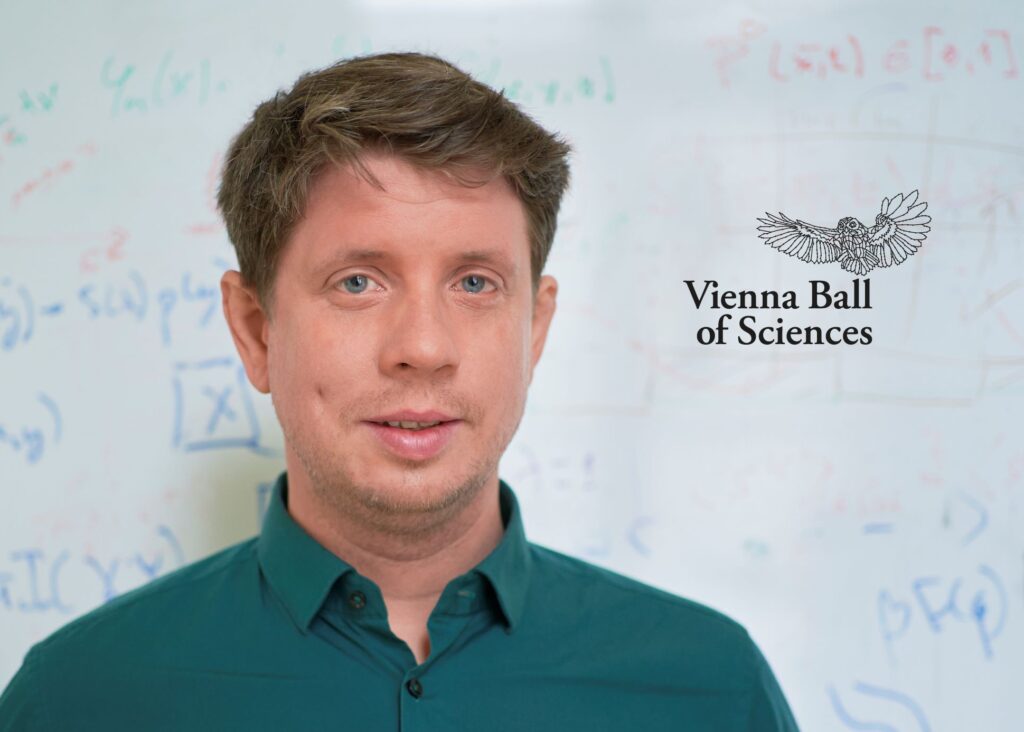“Less than a year after the first description of the SARS-CoV-2 genome, vaccination campaigns (sometimes faster, sometimes slower) could begin in January 2021. In January 2022, it was still unclear whether vaccinations would be able to withstand the onslaught of new omicron variants. In January 2023, we expect this to continue to be the case, allowing events like the Science Ball to finally take place again. A triumph from a scientific point of view.
A demonstration of how quickly basic research can become very applied. How science can provide solutions to burning social problems. The importance of science should thus have gotten around to the last (parliamentary) ranks, namely that investments in research are nothing other than investments in our future societal prosperity.
But universities are once again facing partial closures due to economic developments along with real budget cuts. The master plan against science skepticism in Austria is missing, but we now have it in black and white that science journalism is not a quality criterion in Austrian media funding. And the debates on evidence-based pandemic management are probably just the overture for what lies ahead for us in global climate policy.
It is the responsibility of all of us who are active in or around science to ensure that scientific successes are publicly perceived as such. If we can increasingly put the pandemic behind us, it is because of scientific achievements such as the development of vaccines, therapies and protective concepts. But not because the virus was never worse than a cold. If we want to develop technological and societal solutions to climate change and a more sustainable economy, we need to embrace science readily, not deny it. So let’s be loud and proud about scientific achievements. Also at the 8th Vienna Ball of Science. I am already looking forward to it.”
Peter Klimek is one of Austria’s best-known scientist since and due to the Corona pandemic. A physicist working at the Complexity Science Hub (MedUni Vienna), he applies his expertise in complexity science, data science, statistics and physics to improve the understanding and ability to predict multiply intertwined socioeconomic systems, ranging from human diseases to health care systems to economic and financial systems. A model he helped develop is being used by the government to predict the course of the COVID-19 epidemic in Austria. Klimek was named Scientist of the Year 2022 by the Club of Education and Science Journalists for his exemplary outreach work.
